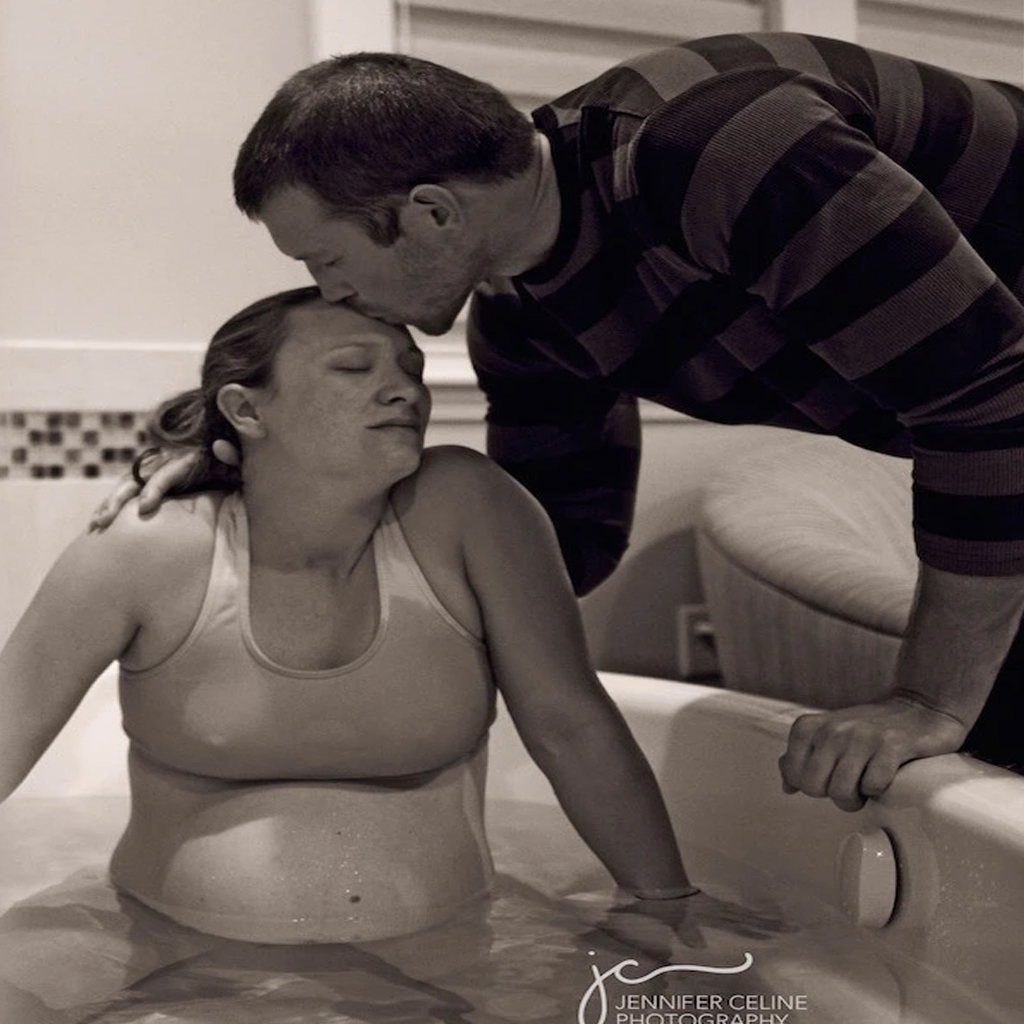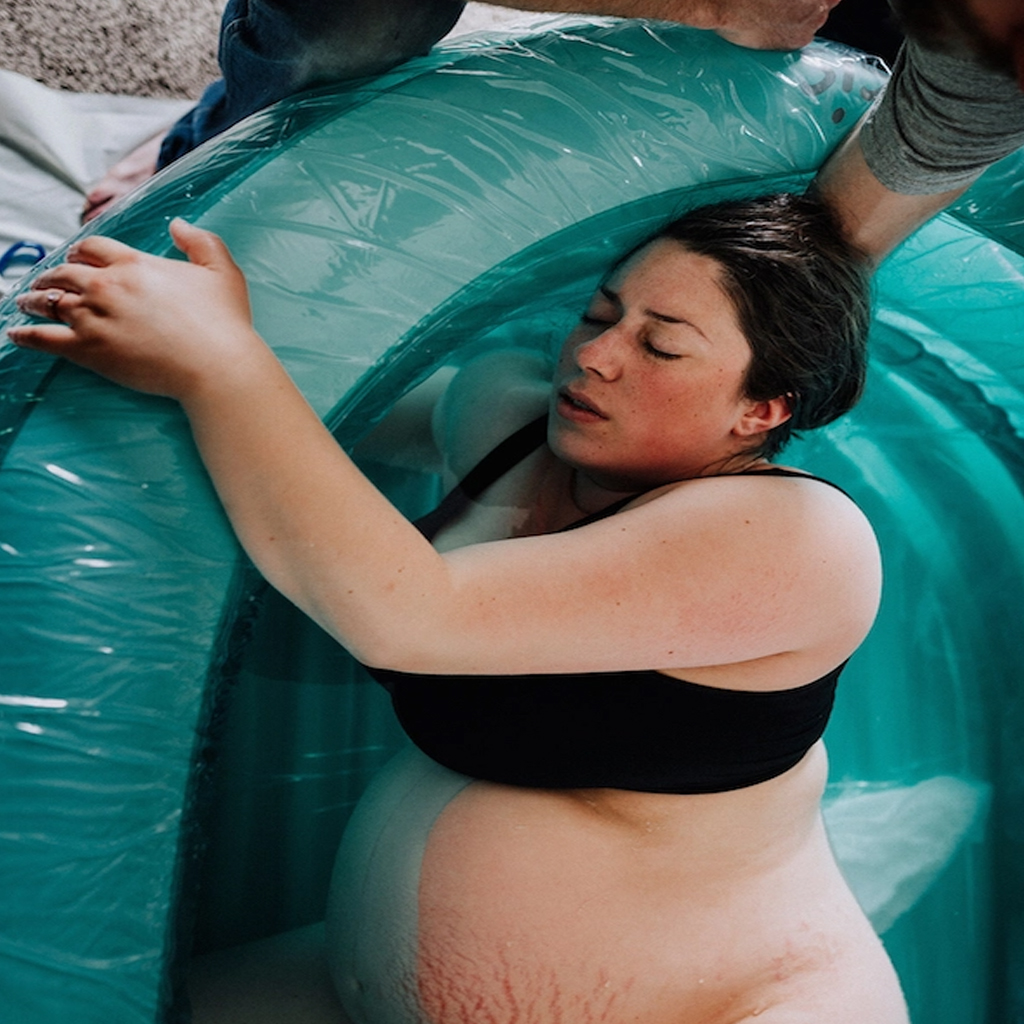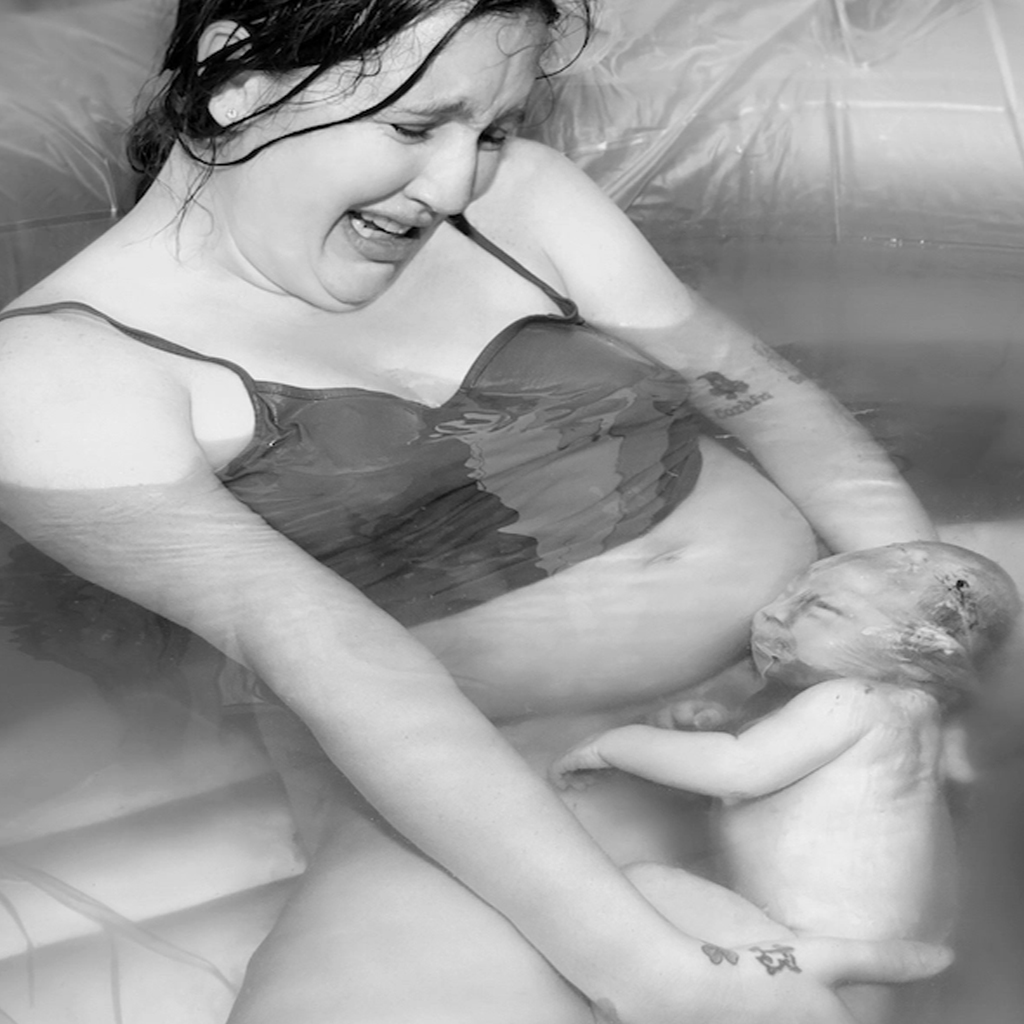Tammy Karin, a photographer from Kansas, never misses an opportunity to photograph a birth underwater. According to Karin, “The mother has this protective, warm barrier around her to deliver the baby.”Although she has access to assistance if she so chooses or requires it, it almost seems as though this wonderful force field generated this cozier setting on its own.
Mother of three Karin continued, “The underwater birth tales that I have the privilege to capture have been addressed with the most peaceful admissions to the world for babies. It was an easy transition from his mother’s warmth to the stream of hot water and then back into her embrace. I would adore the chance to introduce my kids to the world in that manner.
The unique aspect of underwater birth photography, according to Minneapolis-based photographer Jennifer Celine, is “seeing the moment an infant emerges from the water in the arms of its father and/or mother.”
Celine continued, ‘Watching a mother’s courage, beauty, and sense of serenity throughout the birth of her little one was just beautiful.
The premise behind water birth, according to the American Pregnancy Association, is that since the baby has spent nine months in the amniotic sac, a delivery in a comparable environment is softer for the infant and less stressful for the mother.
Advocates for water birth emphasize the numerous advantages. It offers natural pain relief, has the ability to reduce blood pressure, encourages relaxation, and gives the mother a sense of increased control during labor and delivery.
Because of the buoyancy of the water, it is simpler for you to assume various positions. This movement may also aid in the baby’s descent down the birth canal.
Hospitals are increasingly allowing women the option of going through labor or even giving birth in a warm lake, even though water birth is still debatable in some circles (the American College of Obstetricians and Gynecologists suggests it’s a “experimental procedure that should only be performed in the context of a properly designed clinical trial.” with informed consent).
















